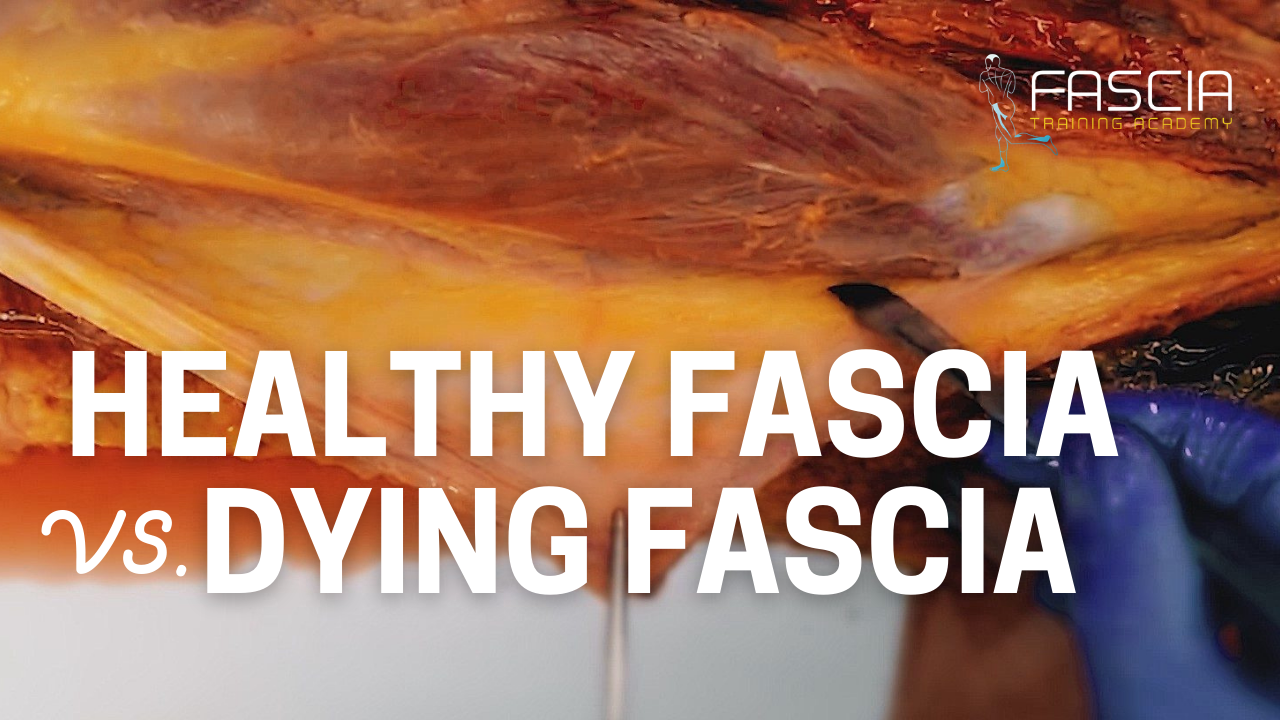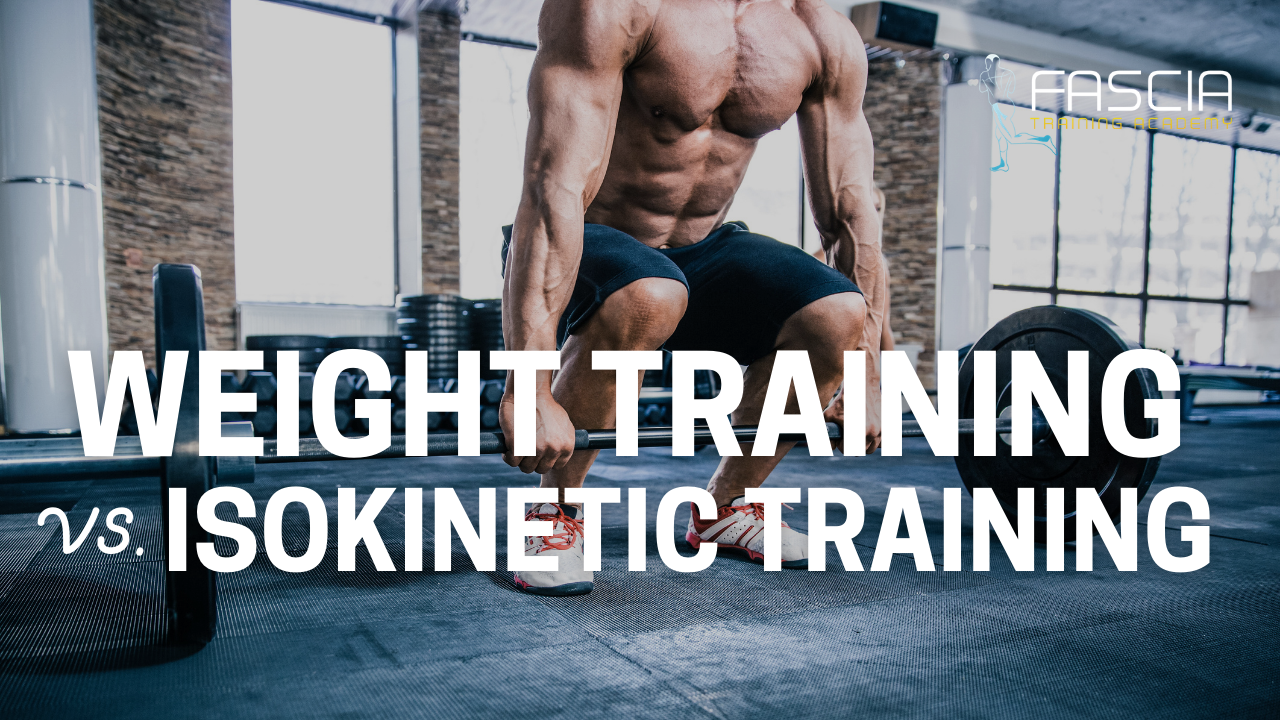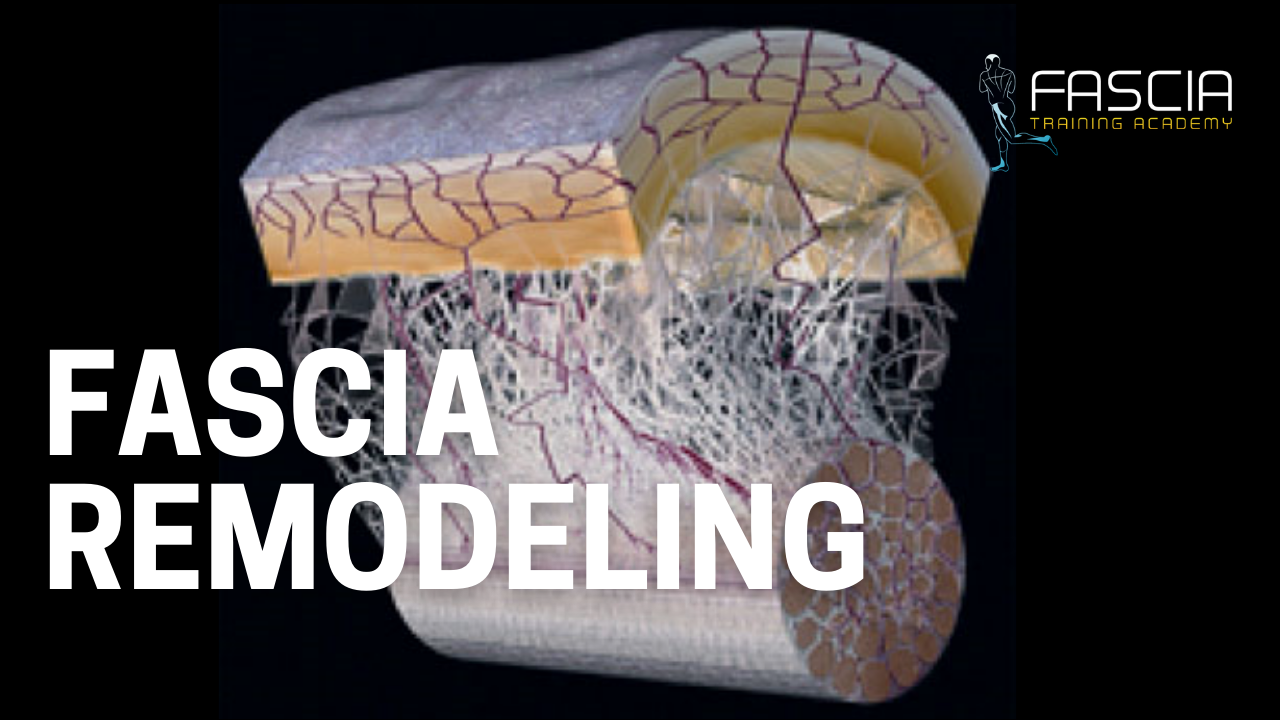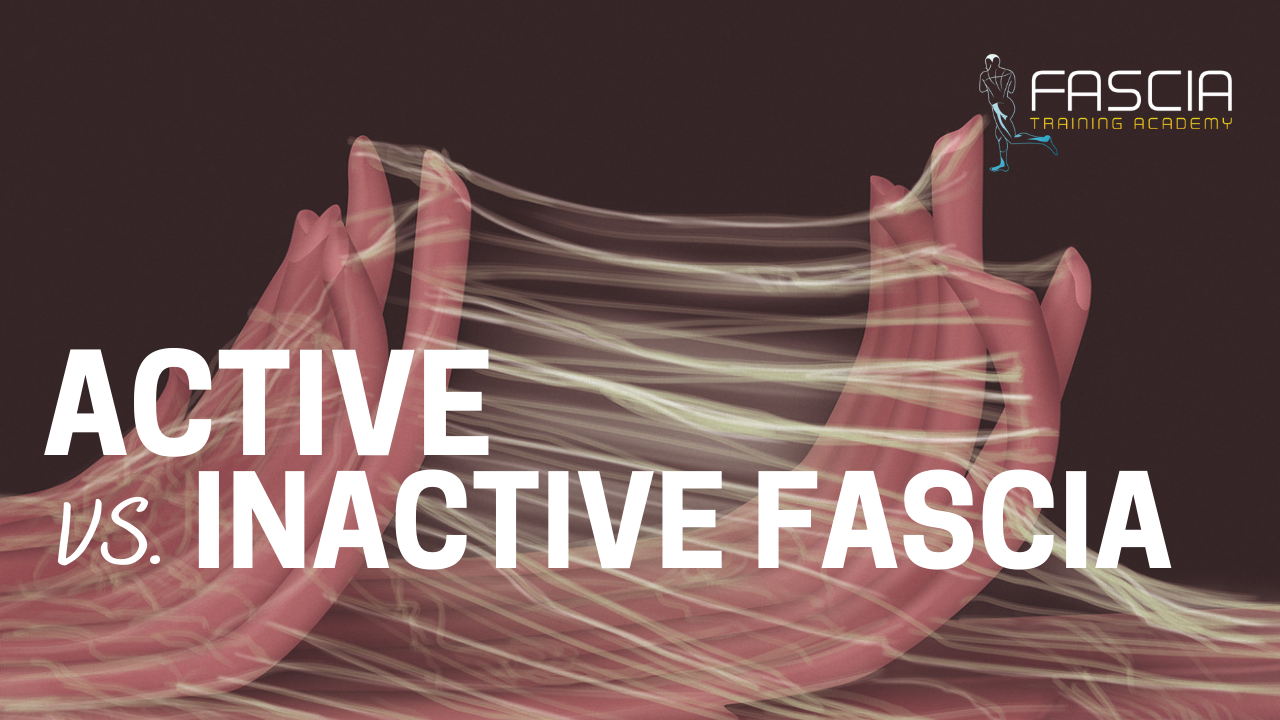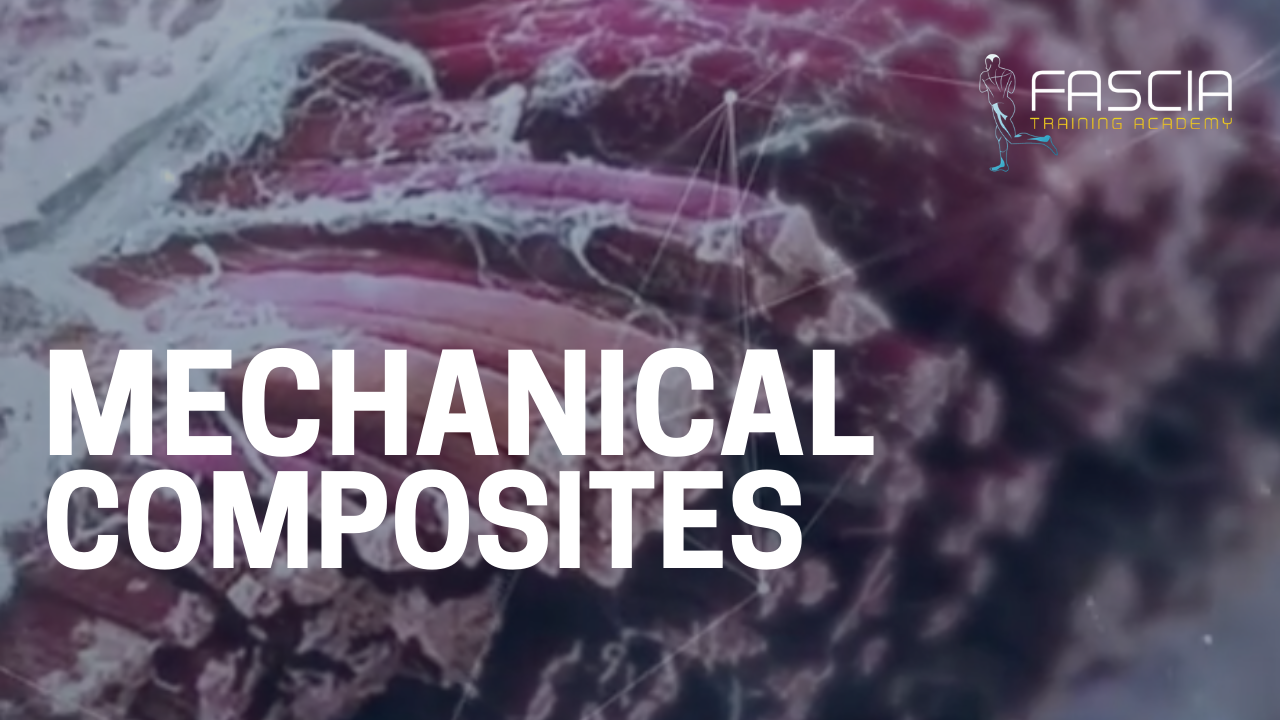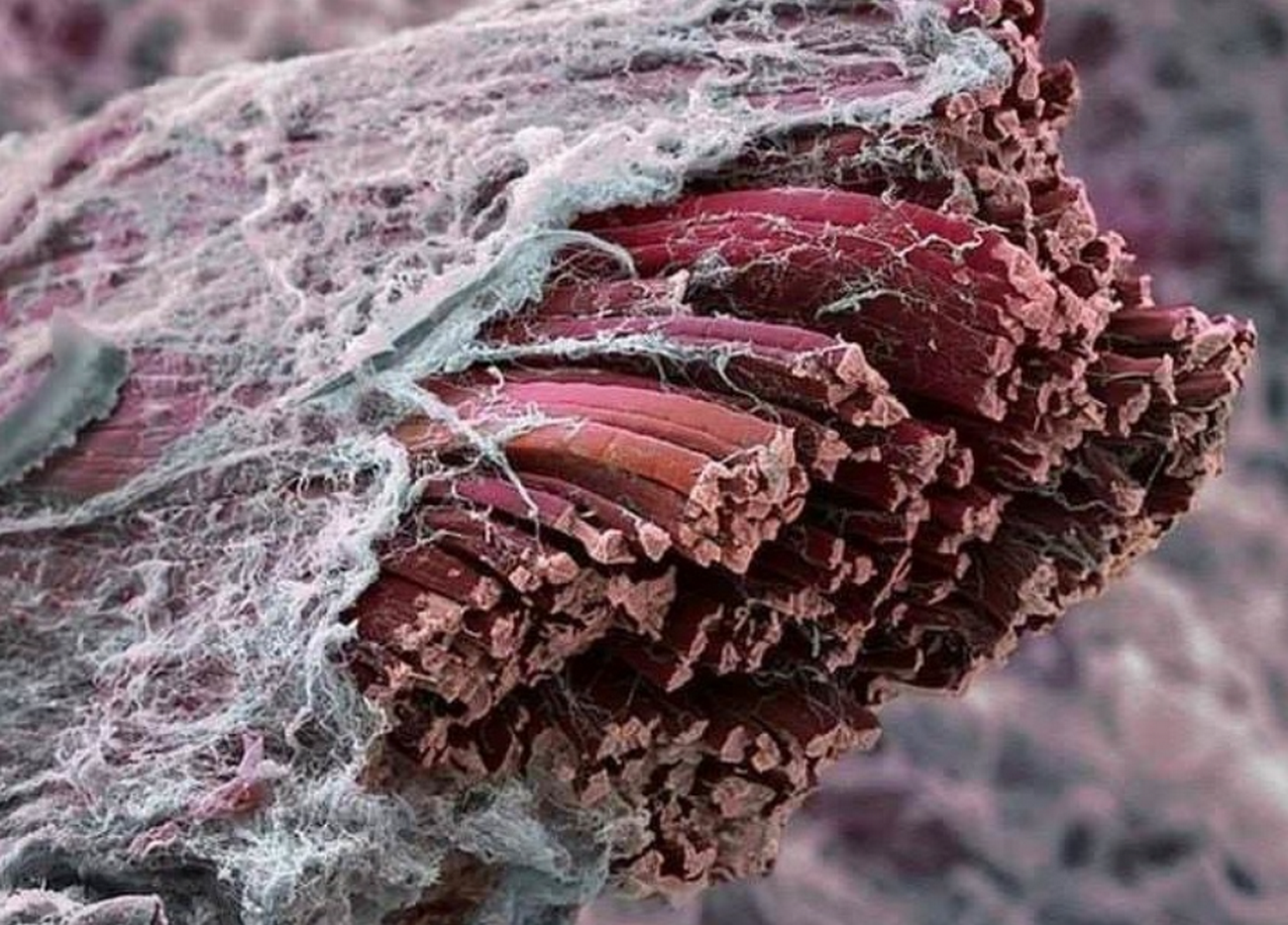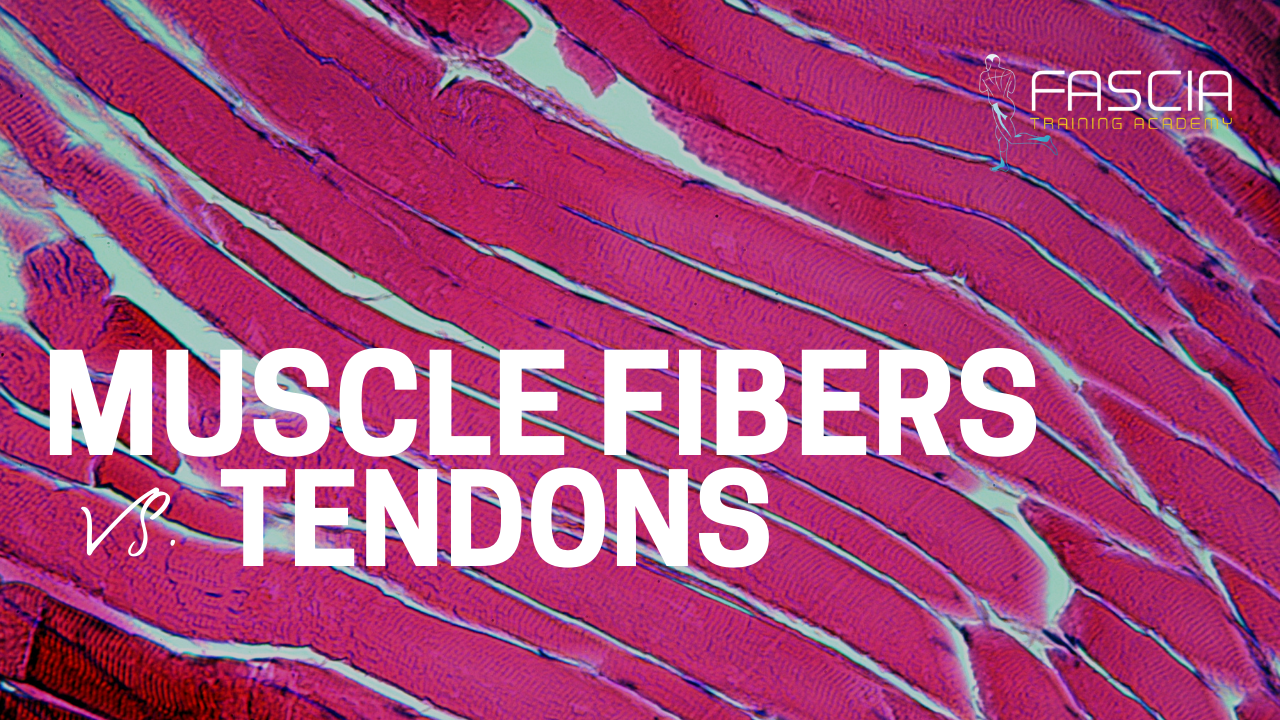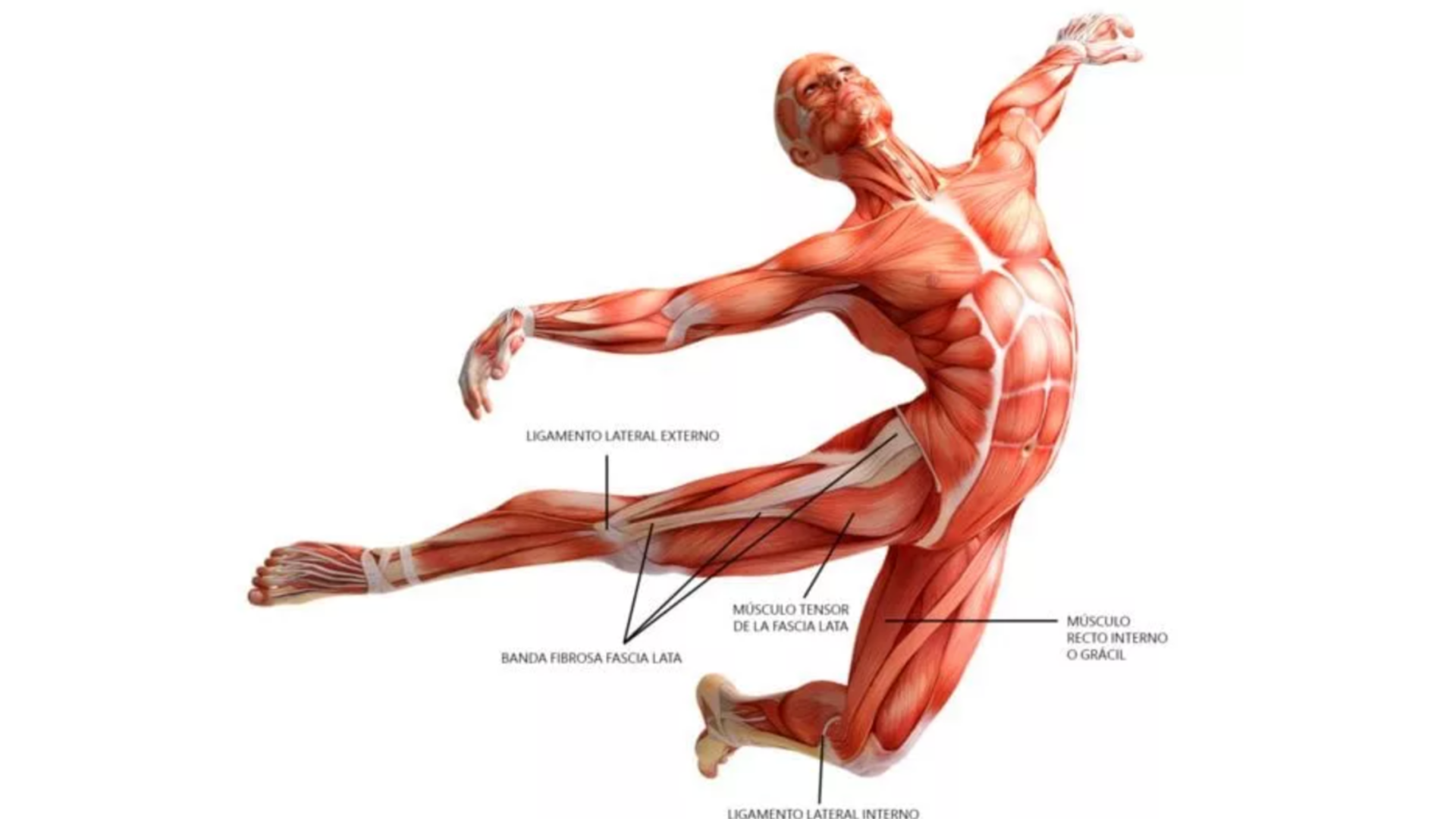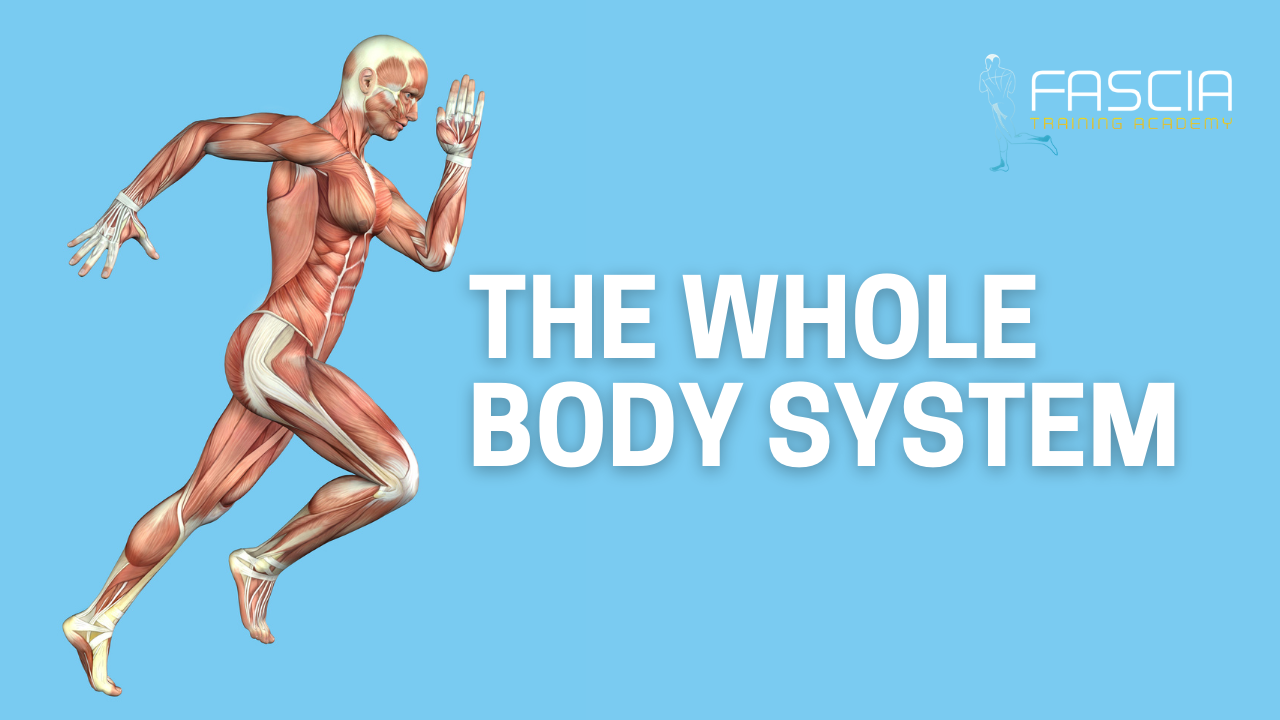
The Whole Body System
The muscle-bone concept presented in most of our standard anatomical descriptions gives a purely mechanical model of movement where levers and other things tend to exist. But in reality, there is a seamless picture of integration that is viewed in the living body. What moves joints is not just a muscle and bone concept. It

